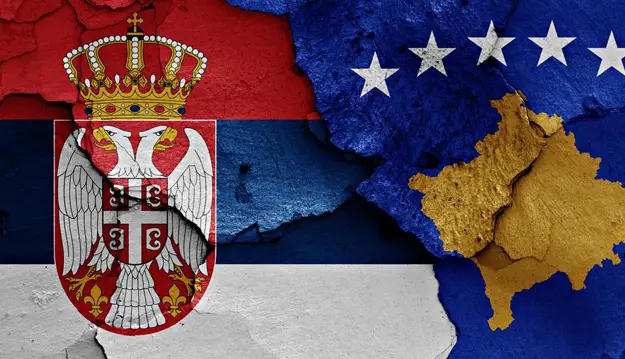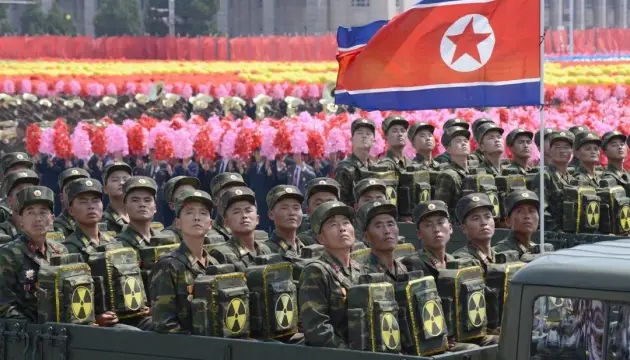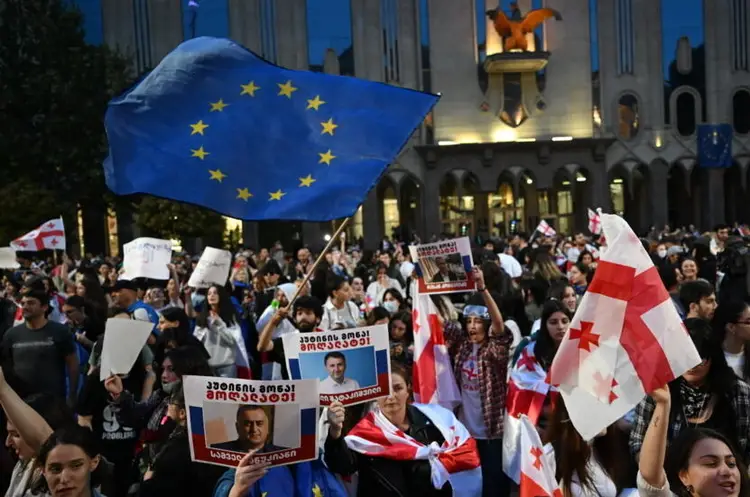The United States is selling weapons to Kosovo. Will this cause a new conflict with Serbia?

Why did the West, which had previously opposed the creation of an army in Kosovo, start providing military assistance to this country?
The U.S. State Department has expressed its consent to the possible sale of Javelin missiles and related equipment to the partially recognized Kosovo for about $75 million. The US Department of Defense's Office of Military Cooperation reported this.
"The proposed sale of Javelin is intended to support the foreign policy goals and national security of the United States by strengthening the security of a European partner. This partner is deemed crucial for Europe's political and economic stability, which aligns with U.S. national interests," the department said.
Serbian President Aleksandar Vucic, who was informed of the Javelin sale by US Ambassador Christopher Hill, expressed disappointment with the news. However, he noted that this should not affect the development of relations between Serbia and the United States.
Recently, Kosovo, which declared its independence from Serbia in 2008, has been actively expanding its military capabilities, causing tensions with Belgrade.
Tensions escalated after September 24, when an armed group of about 30 Serbian militants engaged in a day-long firefight with Kosovo police, killing four, including an ethnic Albanian policeman.
Serbia denies any involvement and rejects accusations that it is planning an invasion, saying it is cooperating with NATO's peacekeeping force in Kosovo, KFOR, to defuse tensions and improve the security situation.
Nevertheless, the escalation has led Kosovo to seriously consider creating its own armed forces, as after the shootout, Kosovo police detained several attackers and managed to identify their leader. The person behind this was Milan Radojicic, one of the leaders of the Serbian List party, which represents the interests of Kosovo Serbs and is, in fact, a "branch" of the Serbian Progressive Party led by Aleksandar Vucic.
Therefore, the country's authorities understand that if KFOR is withdrawn (which is not currently being discussed), the Kosovo Army, even if it reaches its planned strength, will probably not have enough power to stop the Serbian army. After all, the Serbs have the most powerful armed forces among the countries of the former Yugoslavia.
One of the reasons why the US and the EU began to support Kosovo in its desire to arm and develop its army is also due to the merit of the Serbian president, who during a talk show on the Serbian TV channel TV Happy said that he wants to return Kosovo, is ready to wait for Donald Trump's re-election as president of the United States and supports vladimir putin.
In particular, Vucic said that Serbia should "hold out" until the next presidential election in America, which he believes Trump will win.
Therefore, Western countries are afraid of a new possible conflict in the Balkans, and as a result, they are trying to do everything possible to prevent Serbia from destabilizing the situation in the region.
However, the Serbian president expects that the pressure from the West will be temporary, and Vucic hopes that the European Parliament election campaign will begin in March, and the EU countries will be busy with internal issues, not paying much attention to Serbia. In addition, Hungary will take over the EU presidency from mid-year, where the Serbian president and Viktor Orban have close friendly relations. Belgrade is also favored by the fact that the current government cannot make foreign policy decisions until a new parliament is formed, a process that can take a long time. Although Vucic promises to speed up this process, his expectations are to help "survive" the period of intense pressure.
While this strategy seems reasonable, one should not rule out the possibility that Serbia's actions to destabilize the Balkans may provoke a harsher and more consistent response from the EU than Vucic expects. In addition, one should take into account the possible pressure from the United States, which was painfully felt by the Serbian president after the signal from the US ambassador.












